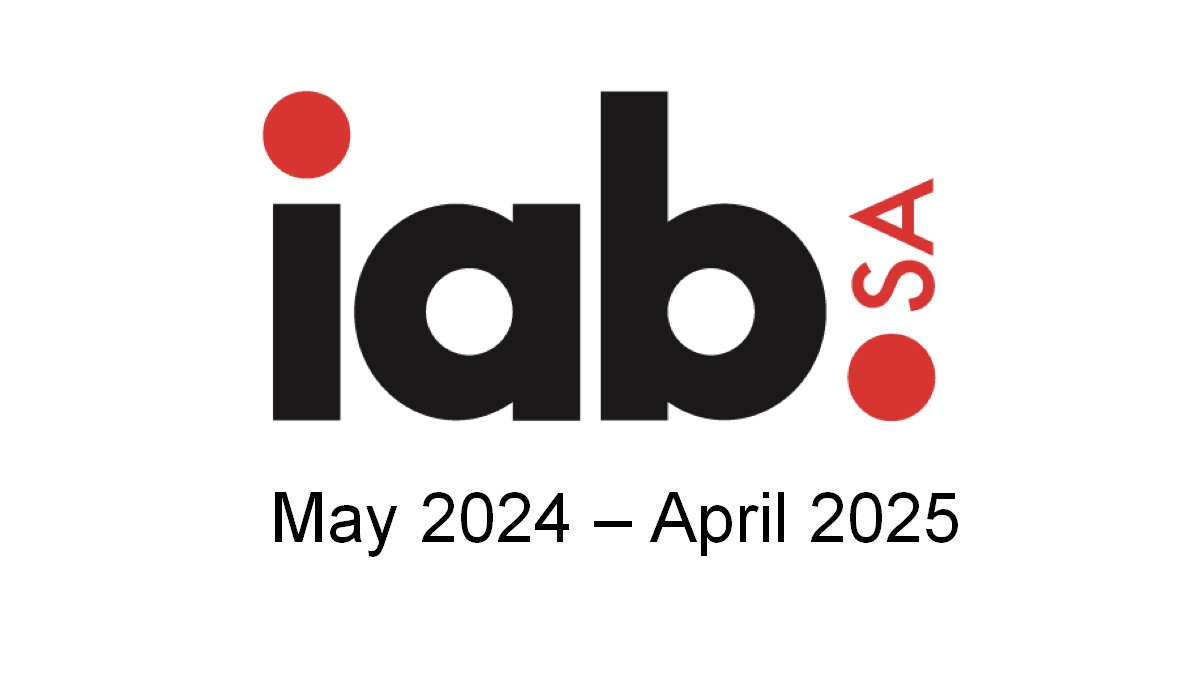Johannesburg – The pandemic has caused the need for “hygiene on the go” with hand sanitiser becoming a staple item for many.
The global use of hand sanitiser surged in the last year resulting in the arrival of many new, inexperienced manufacturers whose product packaging often did not include basic information such as the relevant safety information or contact numbers.
“We have seen that the sudden surge in demand for effective alcohol-based hand sanitisers has led to some manufacturers falling short of the national standard, making false claims about the concentration of ingredients, and adding counterfeit SABS certification logos to the unverified products”, says Emma Corder, Managing Director of industrial cleaning products manufacturer, Industroclean.
The South African Bureau of Standards (SABS) has published the amendments to the national standard, SANS 490 that specifies the requirements for all alcohol-based hand sanitisers and hand rubs in the form of liquids, gels, foams, and aerosols that require approval by SABS. The new regulations, which are voluntary define what is and is not allowed to be in hand sanitisers and gels for the safety of the public.
“Voluntary compliance standards are those standards that make a company stand out above it’s competitors and demonstrates its commitment to ensure improvement and regulatory compliance,” Corder continues.
However, in the early stages of the lockdown last year, South African consumers reported developing rashes and other symptoms as a result of exposure to hand sanitisers dispensed at stores. There was strong concern that some of these products did not include the right kind or percentage of alcohol required for the products to be effective against the corona virus.
SABS has now had to tighten regulations and even though not all hand sanitisers are created equally manufacturers are now required to submit evidence that their alcohol-based sanitisers will retain efficacy until the date of expiry.
The detailed requirements for hand sanitisers and hand rubs now specify that a minimum of 70% alcohol content is required if alcohol such as ethanol, isopropanol or n-propanol is the main ingredient. Solvents like acetone (propane) are prohibited as it can cause toxicity and even fatalities if absorbed through the skin.
“Some manufacturers use methanol which is cheaper but very toxic and while some might not be using cheaper alcohol substitutes, they may not be adding enough or the correct emollients which help moisturise the skin,” Corder continues. There have also been changes to what manufacturers are required to reflect on the product packaging.
While washing hands with soap and water, followed by properly drying with a clean towel is still preferable to using sanitisers, it is not always possible. When purchasing hand sanitisers and gels consumers must carefully check the labels to ensure that they are buying good quality, certified products which is of utmost importance when protecting one’s family.
The product’s packaging needs to meet the following requirements and include the below listed information on the label:
• Type of sanitiser, whether it is a liquid or gel.
• Ingredients and type of alcohol.
• Percentage of alcohol.
• Registration number and address of the manufacturer.
• Batch number and manufacture date.
• Expiry date.
• Instructions for use.
• Warnings (temperature storage instructions, flammable, do not ingest).
SABS has been working closely with regulatory authorities to review South African National Standards that are able to respond efficiently to protect the health and safety of South African citizens. The changes have been done in consultation with the South African Health Products Regulatory Authority (SAHPRA) and by global guidelines such as the requirements specified by the World Health Organisation (WHO).
These regulations are critical to ensure the safety of employees and users of our products and will help manufacturers and consumers benefits due to steps put in place to ensure their wellbeing,” Corder concludes.
While behaviour and personal responsibility play a big role in containing the spread of the virus and even preventing a possible third wave, it is important that consumers have access to quality products to help keep Covid at bay.
Follow @SundayWorldZA on Twitter and @sundayworldza on Instagram, or like our Facebook Page, Sunday World, by clicking here for the latest breaking news in South Africa. To Subscribe to Sunday World, click here.
Sunday World




